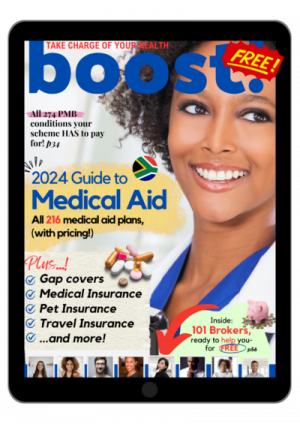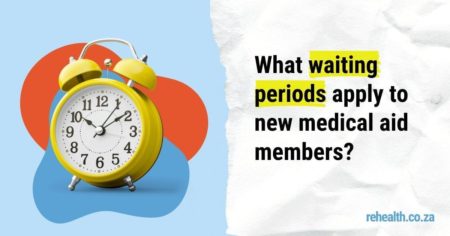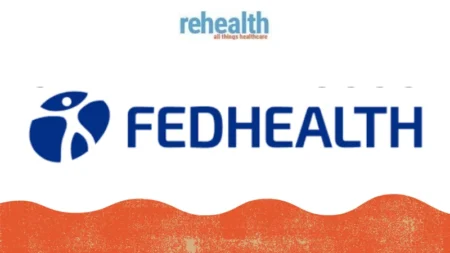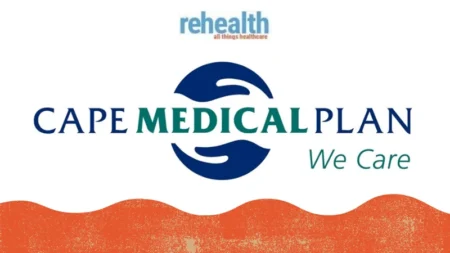Every medical aid, regardless of whether it is a hospital plan, a savings plan or a comprehensive plan offers some mental health benefits, in and out of hospital. That’s because some mental health conditions are designated as PMBs (Prescribed Minimum Benefits), and by law medical aids have to cover the costs of PMB diagnosis and treatment.
The best advice we can give you is this:
Always remember that every case, medical or financial, is unique, and different mental health benefits might be motivated by your doctor, and provided by your scheme. None of the information in this article is meant as advice, medical or otherwise – always discuss benefits with your broker and scheme, and motivate every request for extra cover.
What are the PMB benefits for mental health?
The Council of Medical Schemes has published a list of 11 PMB conditions under the sub-heading of “Mental Health”, and has specified what the minimum level of care is for each. We include the table below. You can follow the links for more detail on each treatment recommendation, or read the full document from the Council here.
| CODE | CONDITION | TREATMENT |
|---|---|---|
| 182T | Abuse or dependence on Psychoactive substance, including alcohol | Hospital-based management up to 3 weeks/year |
| 910T | Acute delusional mood, anxiety, personality, perception disorders and organic mental disorder caused by drugs | Hospital-based management up to 3 days |
| 901T | Acute stress disorder accompanied by recent significant trauma, including physical or sexual abuse | Hospital admission for psychotherapy / counselling up to 3 days, or up to 12 outpatient psychotherapy / counselling contacts |
| 910T | Alcohol withdrawal delirium; alcohol intoxication delirium | Hospital-based management up to 3 days leading to rehabilitation |
| 908T | Anorexia Nervosa and Bulimia Nervosa | Hospital-based management up to 3 weeks/year or minimum of 15 outpatient contacts per year |
| 903T | Attempted suicide, irrespective of cause | Hospital-based management up to 3 days or up to 6 outpatient contacts |
| 184T | Brief reactive psychosis | Hospital-based management up to 3 weeks/year |
| 910T | Delirium: Amphetamine, Cocaine, or other psychoactive substance | Hospital-based management up to 3 days |
| 902T | Major affective disorders, including unipolar and bipolar depression | Hospital-based management up to 3 weeks/year (including inpatient electro-convulsive therapy and inpatient psychotherapy) or outpatient psychotherapy of up to 15 contacts |
| 907T | Schizophrenic and paranoid delusional disorders | Hospital-based management up to 3 weeks/year |
| 909T | Treatable dementia | Admission for initial diagnosis; management of acute psychotic symptoms – up to 1 week |
Is it true that I can get free sessions from a psychologist if I’ve suffered trauma?
Yes. If you have suffered physical, sexual or other trauma, and are experiencing acute stress as a result, you are entitled to at least 12 psychotherapy sessions.
Some medical aids also have special or extra benefits for helping you deal with trauma. You can see how your scheme covers trauma under your plan’s “Mental Health Benefits”, on our site, or speak to your scheme/broker directly. You can find your plan here.
Designated Service Providers, or DSPs. Will I have to use a State Hospital?
Although the Medical Schemes Act says that medical aids need to pay in full for PMB treatment, the Act does allow schemes to negotiate with certain providers for special rates, and only pay that rate for a treatment. In other words, you are “forced” to use this Designated Service Provider (DSP), or face out of pocket expenses if your chosen provider charges more than the DSP. (Note that you can use a non-DSP, and the medical aid has to pay the DSP rate to that non-DSP for your treatment. You are liable for the balance.)
Big problem: The Act also allows medical aids to choose State Hospitals as a DSP. That means that even though you are on a private medical aid, that medical aid can force you to use a State Facility for some treatments. We try to identify that in our plan benefits, where that information is readily available. Check your plan’s benefits here or speak to your broker/scheme directly.
How do I get access to these benefits?
In non-emergency situations, your doctor will likely have to motivate for PMB cover. This is usually a straightforward process, with which doctors are very familiar. Most schemes allow you to download the forms from their website.
What if my mental health condition is not a PMB?
If your mental health condition is not a PMB, then your benefits depend on your medical aid plan. You can check your plans’s benefits here, and we suggest you speak to your broker/scheme directly to confirm your benefit.
What next:
- You can use our Healthcare Directory to find a psychologist, psychiatrist or other mental health professional
- You can view your medical aid plan’s benefits for mental health
- You can read up more about PMBs here
- You can visit our Forum here, to discuss your particular issue.
- You can give feedback on this article in comments below








